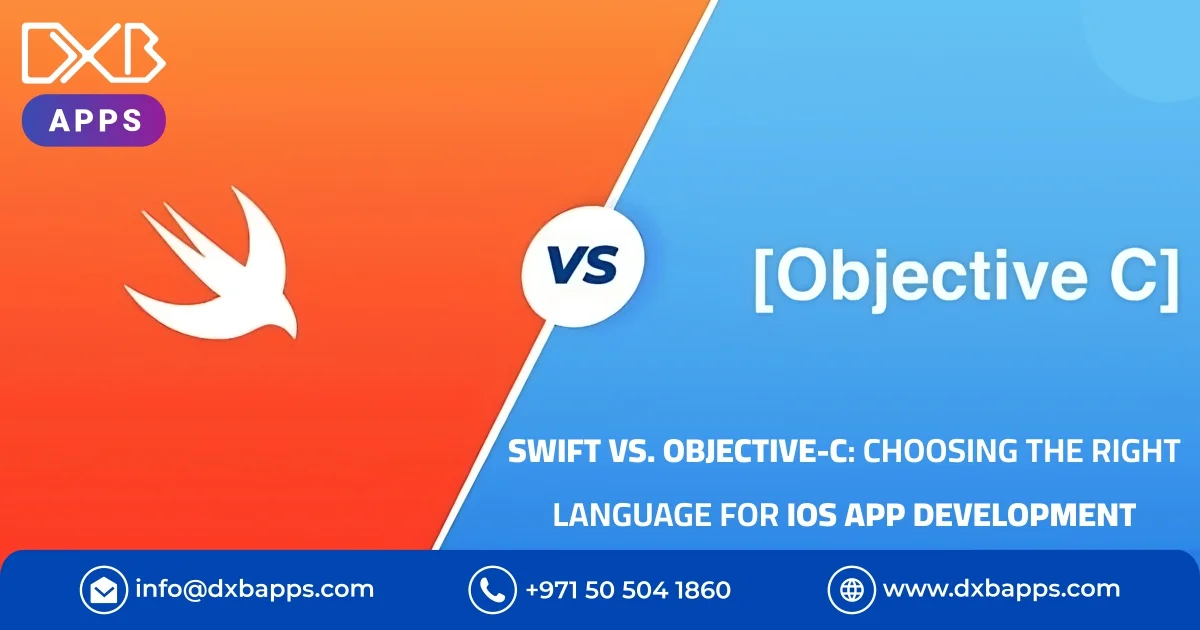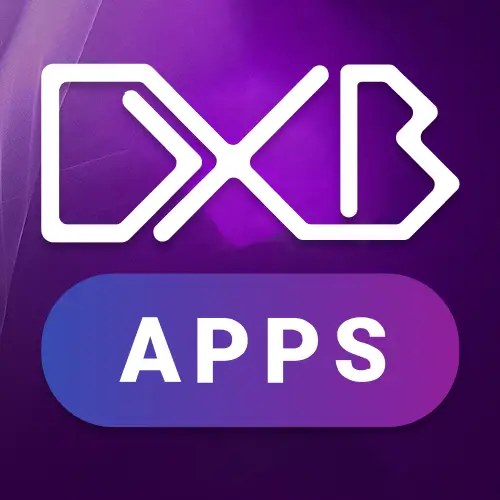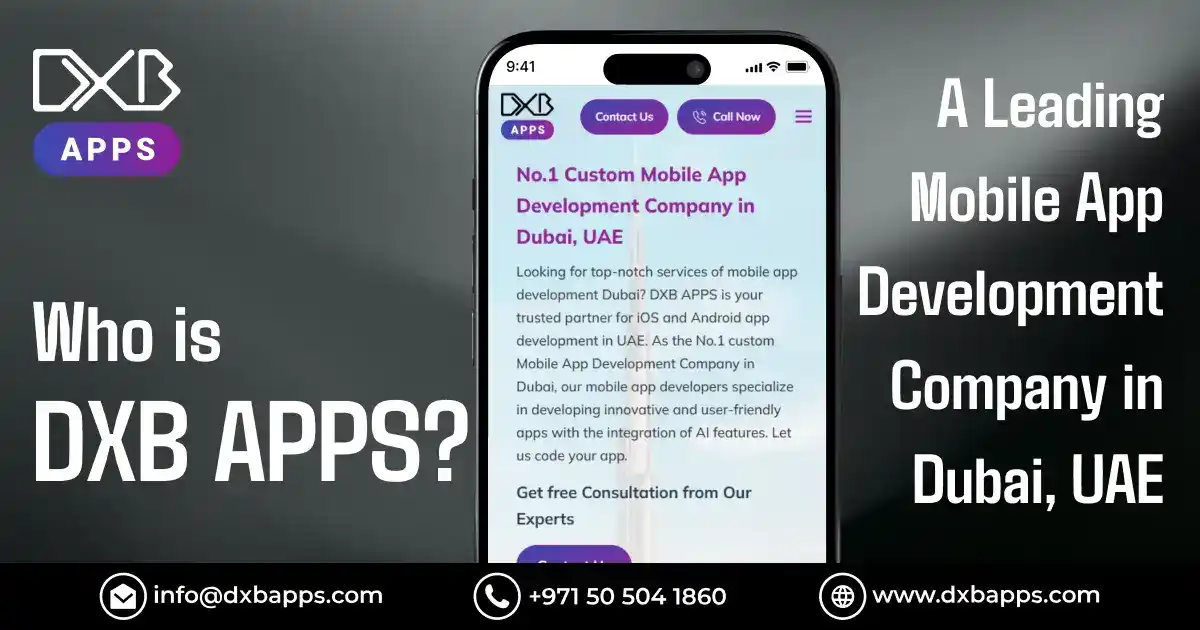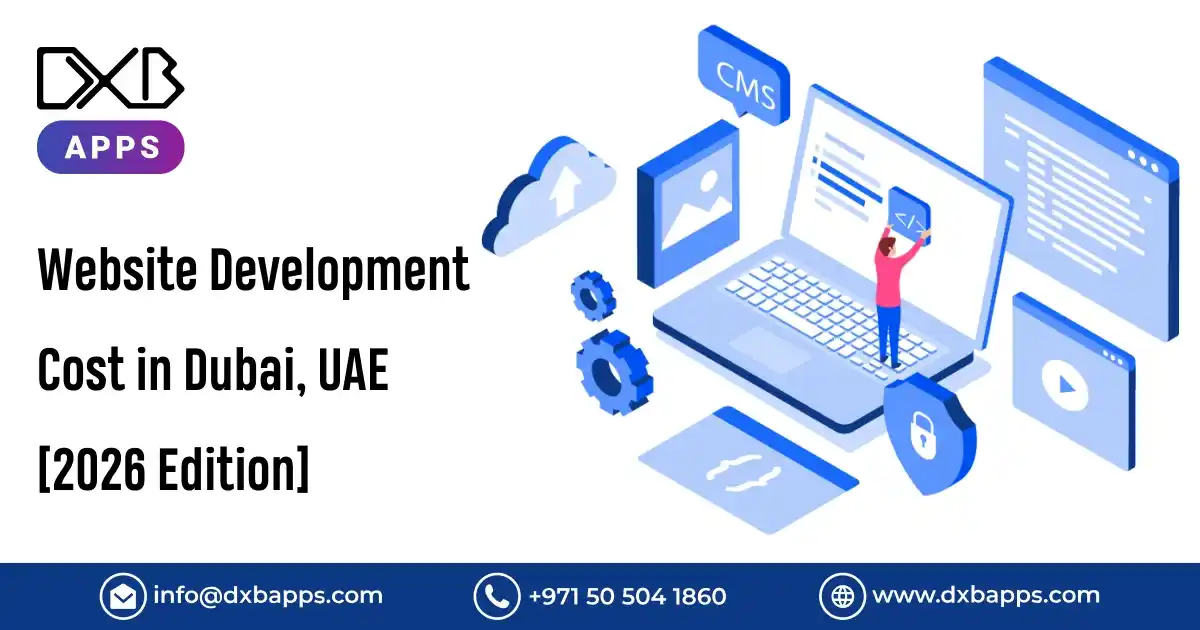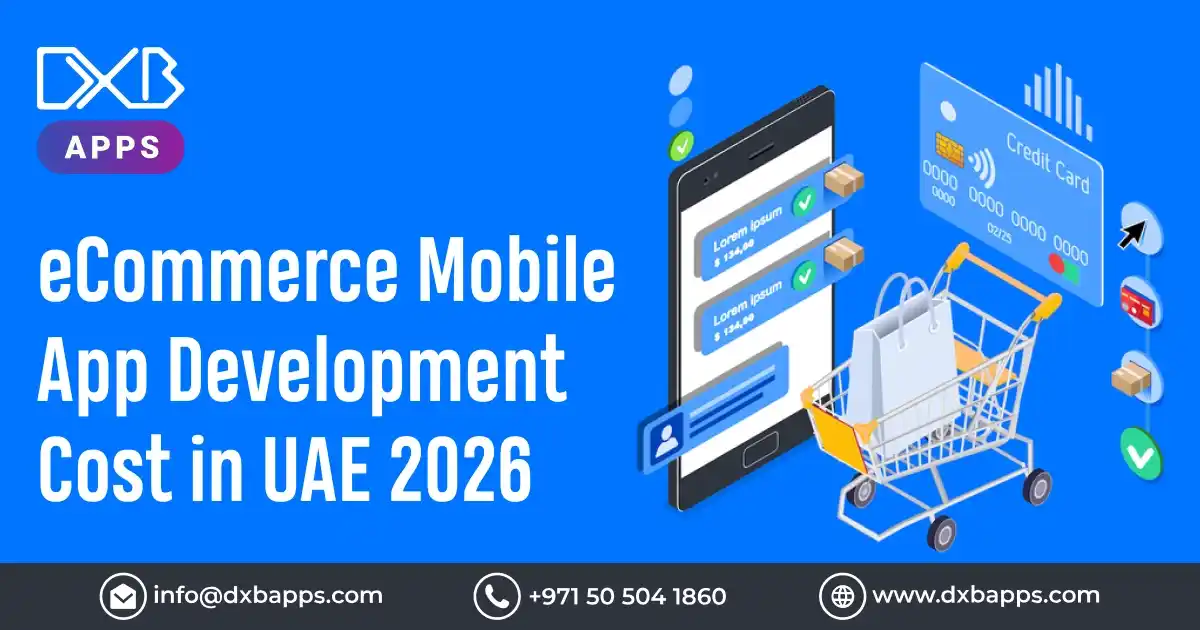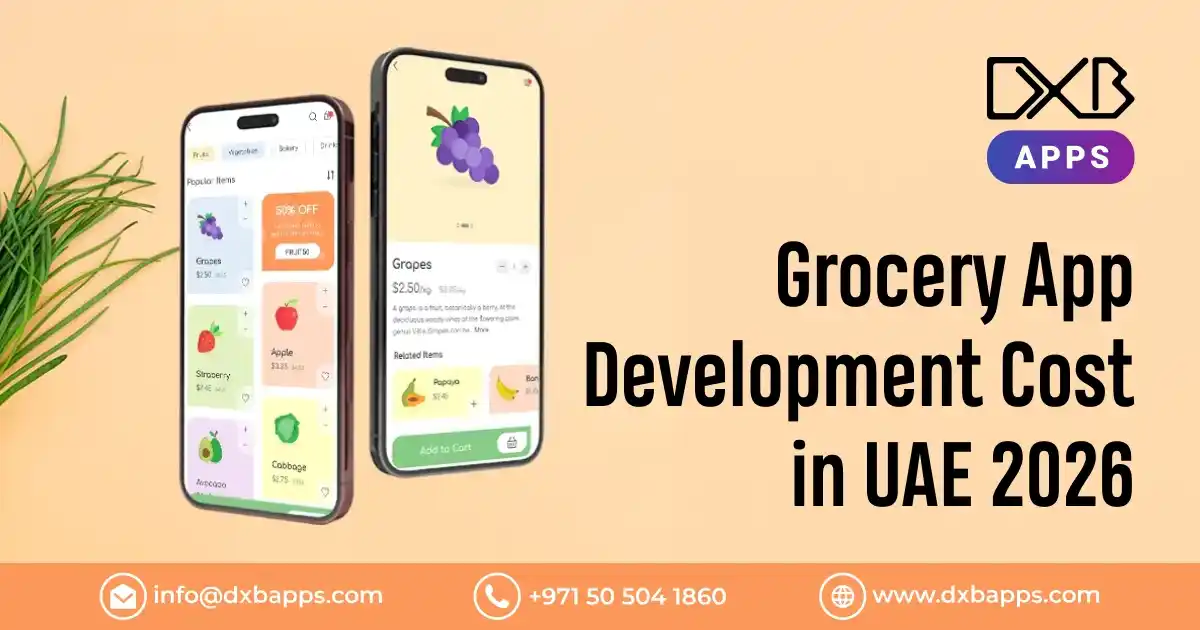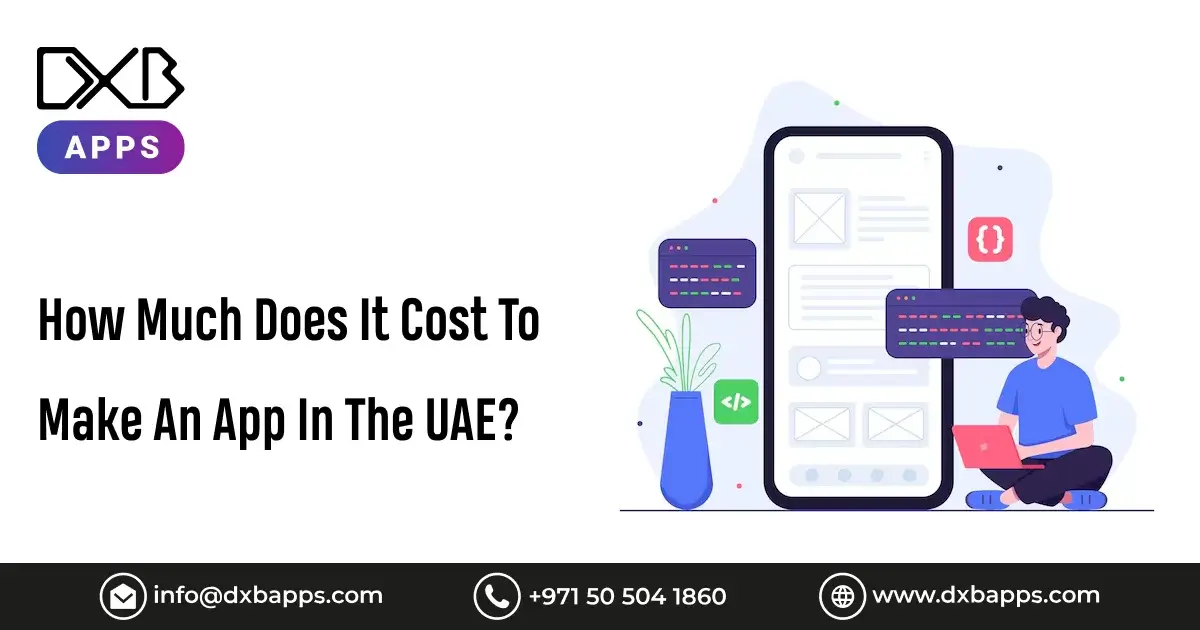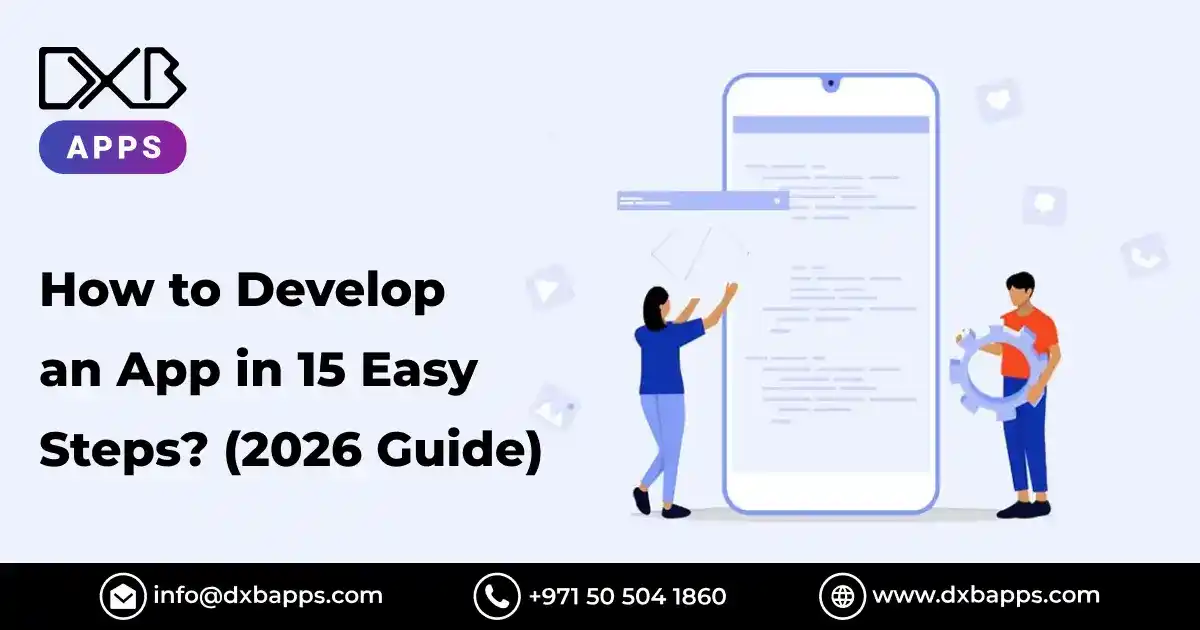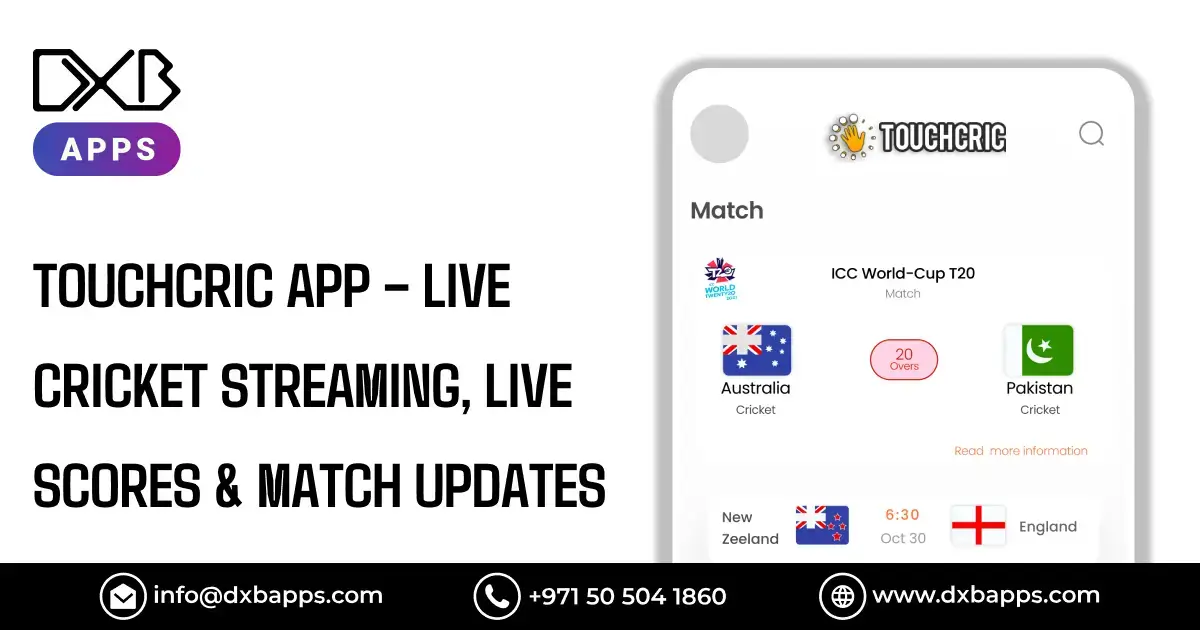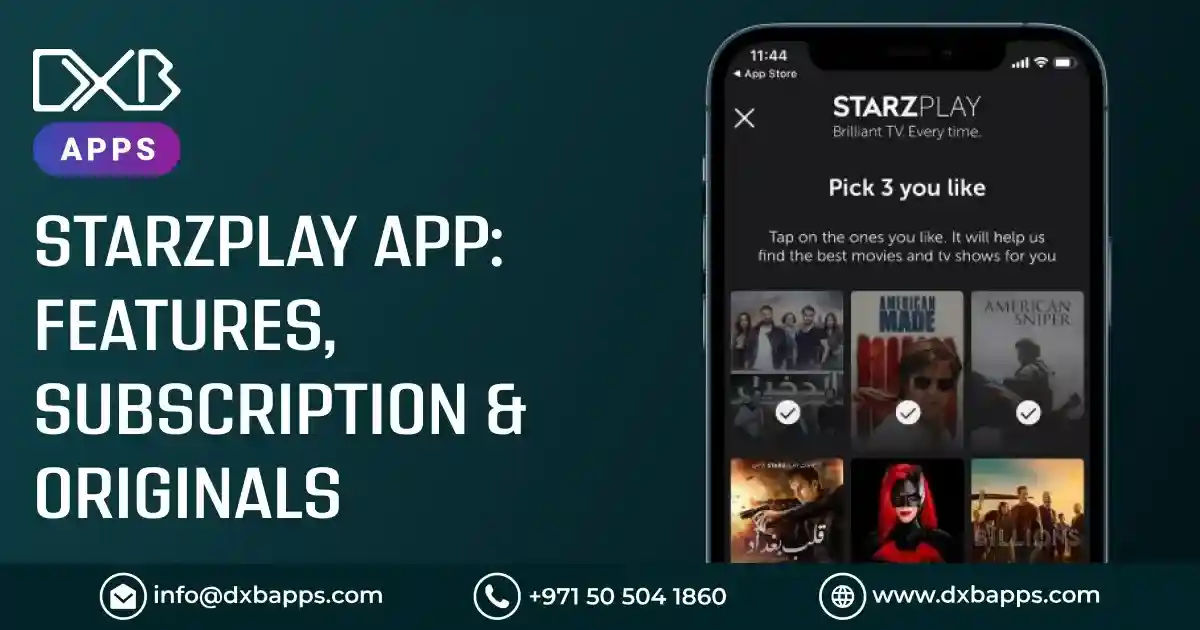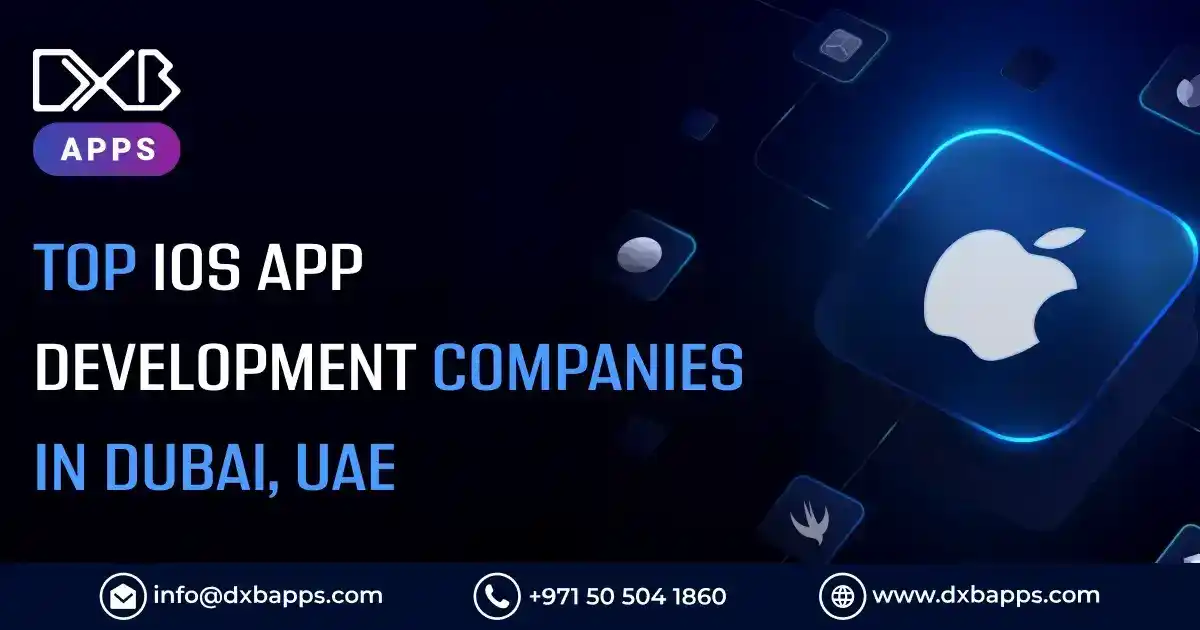Are you embarking on an iOS app development project and unsure whether to choose Swift or Objective-C as your programming language? The choice of language is a critical decision that can significantly impact the success of your mobile app.
In this article, we will explore the differences between Swift and Objective-C, the two primary programming languages for iOS app development. By the end, you'll have a clearer understanding of which language is the right choice for your project.
Swift: The Modern and Powerful Language
Advantages of Swift
Swift, introduced by Apple in 2014, has rapidly gained popularity among developers for its modern and user-friendly syntax. Here are some advantages of Swift:
-
Simplicity and Readability: Swift was designed with simplicity in mind. Its clean and expressive syntax makes it easier to write and read code, reducing the chances of errors and enhancing code maintainability.
-
Safety and Robustness: Swift includes modern features that promote safe coding practices. The language is designed to catch and prevent common programming errors, such as null pointer exceptions and array overflows, at compile-time.
-
Performance: Swift offers comparable performance to Objective-C. In some cases, Swift can even outperform Objective-C due to its optimized performance characteristics and memory management model.
-
Interoperability: Swift is fully compatible with Objective-C, allowing developers to seamlessly integrate Swift code into existing Objective-C projects. This interoperability enables a smooth transition from Objective-C to Swift or the simultaneous use of both languages.
Use Cases for Swift
Swift is an excellent choice for a wide range of iOS app development projects, including:
-
New App Development: If you're starting a new project from scratch, Swift is an ideal choice. Its modern syntax, safety features, and performance optimizations make development faster, more efficient, and less error-prone.
-
App Updates and Maintenance: Swift's interoperability with Objective-C makes it a suitable language for updating and maintaining existing Objective-C codebases. Developers can gradually migrate portions of the code to Swift, taking advantage of its modern features.
-
Cross-Platform Development: Swift's versatility extends beyond iOS. With frameworks like SwiftUI and Combine, developers can leverage Swift for cross-platform app development, targeting platforms such as macOS, watchOS, and tvOS.
Examples of Swift in Action
Swift has powered numerous successful iOS apps, demonstrating its capabilities. Here are a few well-known examples:
-
WhatsApp: The popular messaging app, WhatsApp, was rewritten in Swift to leverage the language's performance and safety features.
-
Lyft: The ride-sharing giant, Lyft, adopted Swift to enhance the speed, stability, and maintainability of its iOS app.
-
LinkedIn: LinkedIn embraced Swift to improve development efficiency and enhance the user experience of its iOS app.
Objective-C: The Tried and True Language
Advantages of Objective-C
Objective-C has been the go-to language for iOS app development for many years. It offers the following advantages:
-
Maturity and Stability: Objective-C has a long history and extensive community support. It has been refined over the years and proven its reliability in countless iOS apps.
-
Large Codebase and Libraries: Objective-C has an extensive codebase and a vast collection of third-party libraries and frameworks. This rich ecosystem provides developers with a wealth of resources and tools to expedite development.
-
Legacy Code Support: If you have an existing codebase written in Objective-C, using the same language can help maintain consistency and facilitate the reuse of code.
Use Cases for Objective-C
While Swift has gained popularity, Objective-C remains relevant and suitable for specific scenarios, including:
-
Legacy Projects: If you have a large Objective-C codebase, it may be more efficient to continue using Objective-C for ongoing development and maintenance to avoid extensive code rewriting.
-
Compatibility Requirements: Objective-C may be necessary if you need to interface with legacy libraries or frameworks that lack Swift compatibility.
-
Experienced Objective-C Developers: If your development team has extensive experience in Objective-C, sticking with the language can ensure productivity and avoid the learning curve associated with Swift.
Examples of Objective-C in Action
Objective-C has been instrumental in the success of numerous iOS apps. Here are a few examples:
-
Instagram: Instagram, one of the most popular social media platforms, was initially developed using Objective-C before adopting Swift gradually.
-
Evernote: The popular note-taking app, Evernote, relied on Objective-C to build its robust iOS app that millions of users rely on daily.
-
Shazam: Shazam, the music identification app, was developed using Objective-C and has been a key player in the music industry.
Choosing the Right Language for Your iOS App Development Project
Choosing between Swift and Objective-C depends on various factors, including project requirements, development team expertise, and long-term objectives. Consider the following when making your decision:
-
Project Complexity: Swift's modern syntax and safety features make it a great choice for new projects and those with complex requirements. Objective-C may be more suitable for simpler projects or those with legacy code considerations.
-
Developer Skill Set: Assess your team's proficiency in both languages. If your developers are experienced in Objective-C, sticking with it may yield faster development cycles. However, Swift offers a more future-proof and industry-relevant skill set.
-
Legacy Codebase: If you have an existing Objective-C codebase, consider the benefits and costs associated with migrating to Swift. Evaluate the impact on development time, resources, and potential disruptions to the app's functionality.
-
Platform Compatibility: If cross-platform development is part of your roadmap, Swift's compatibility with other Apple platforms, such as macOS, watchOS, and tvOS, may be advantageous.
DXB Apps: Your Expert Mobile App Development Partner in Dubai
At DXB Apps, we understand the intricacies of mobile app development, whether it's on Swift or Objective-C. As a leading mobile app development company in Dubai, we provide comprehensive services to meet your specific requirements. Our expertise includes:
We pride ourselves on delivering exceptional results, adhering to industry best practices, and ensuring a seamless user experience. Whether you need iOS app development, Android app development, or hybrid mobile app development, we have the skills and expertise to bring your ideas to life.
Contact us today to discuss your mobile app development needs and take your business to new heights.

